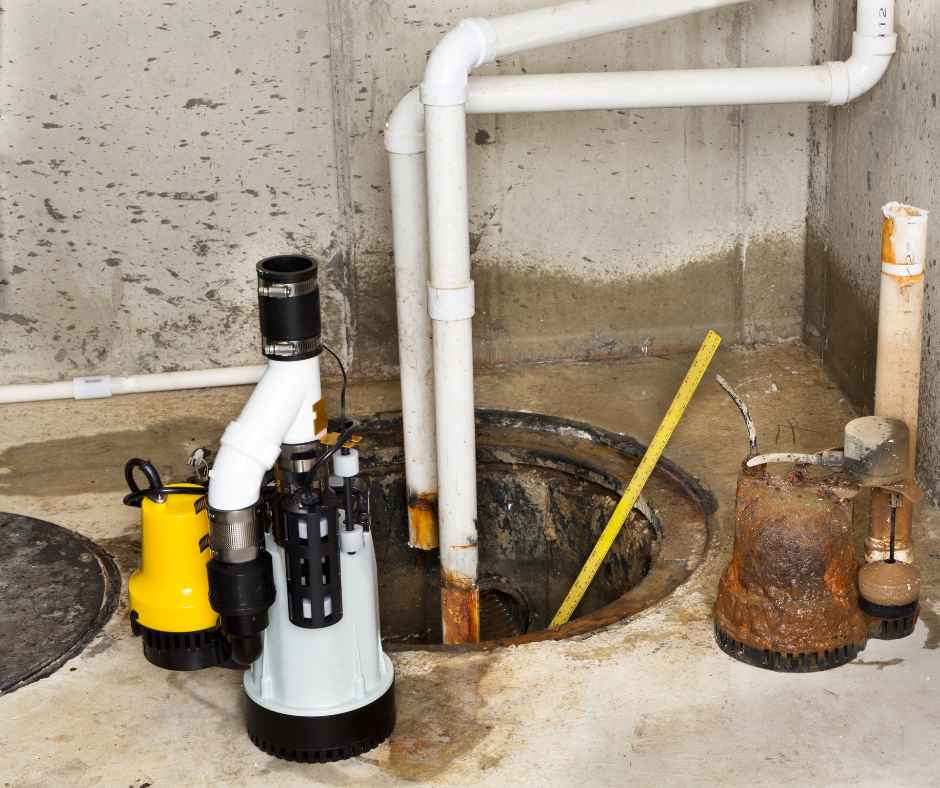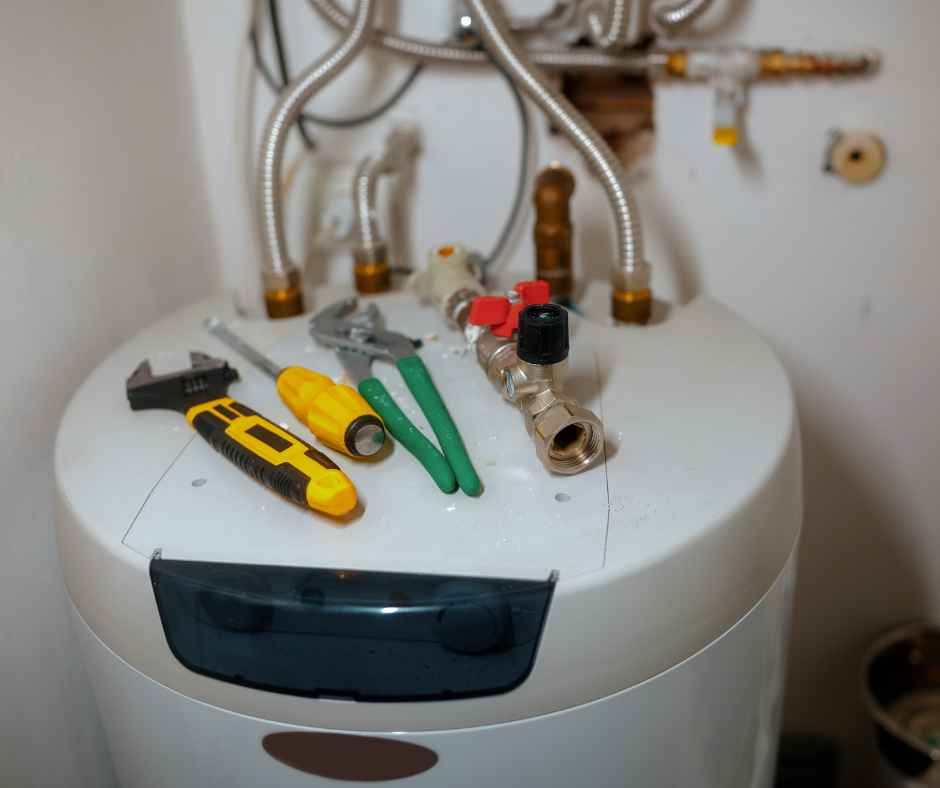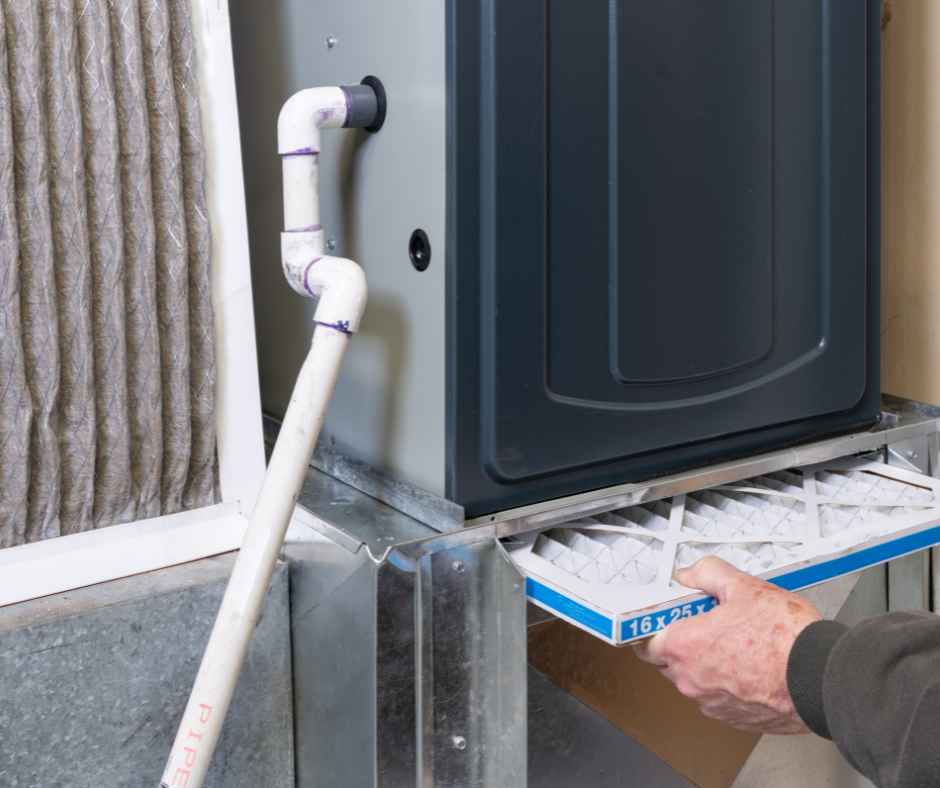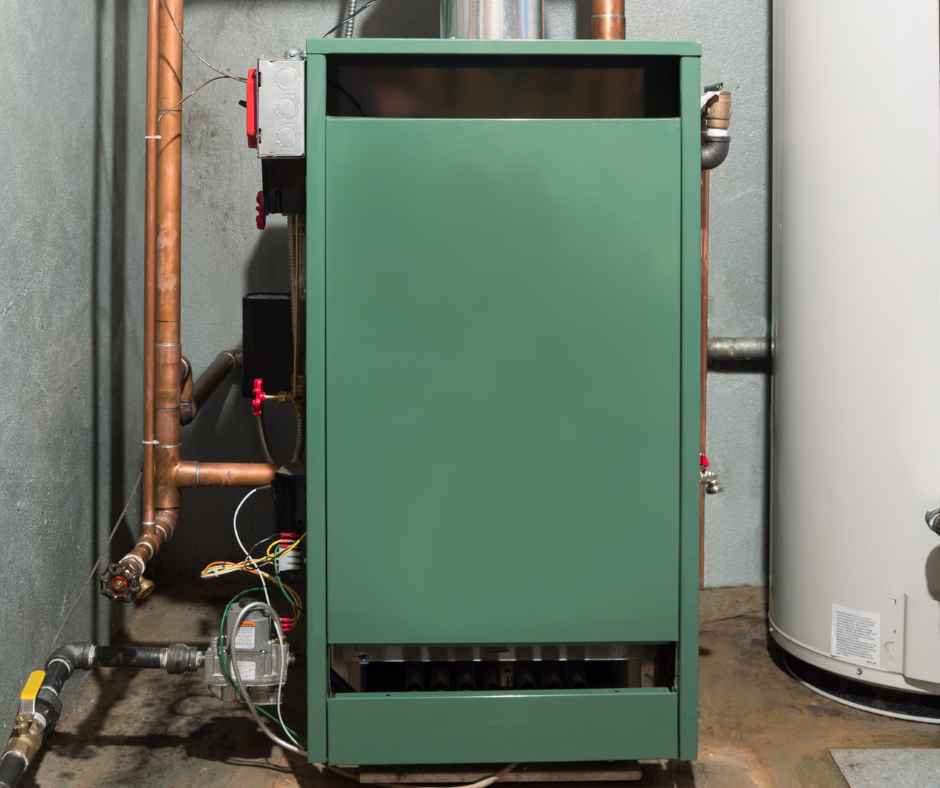0% APR Plus No Payments for 12 Months
on Select New Plumbing & HVAC Systems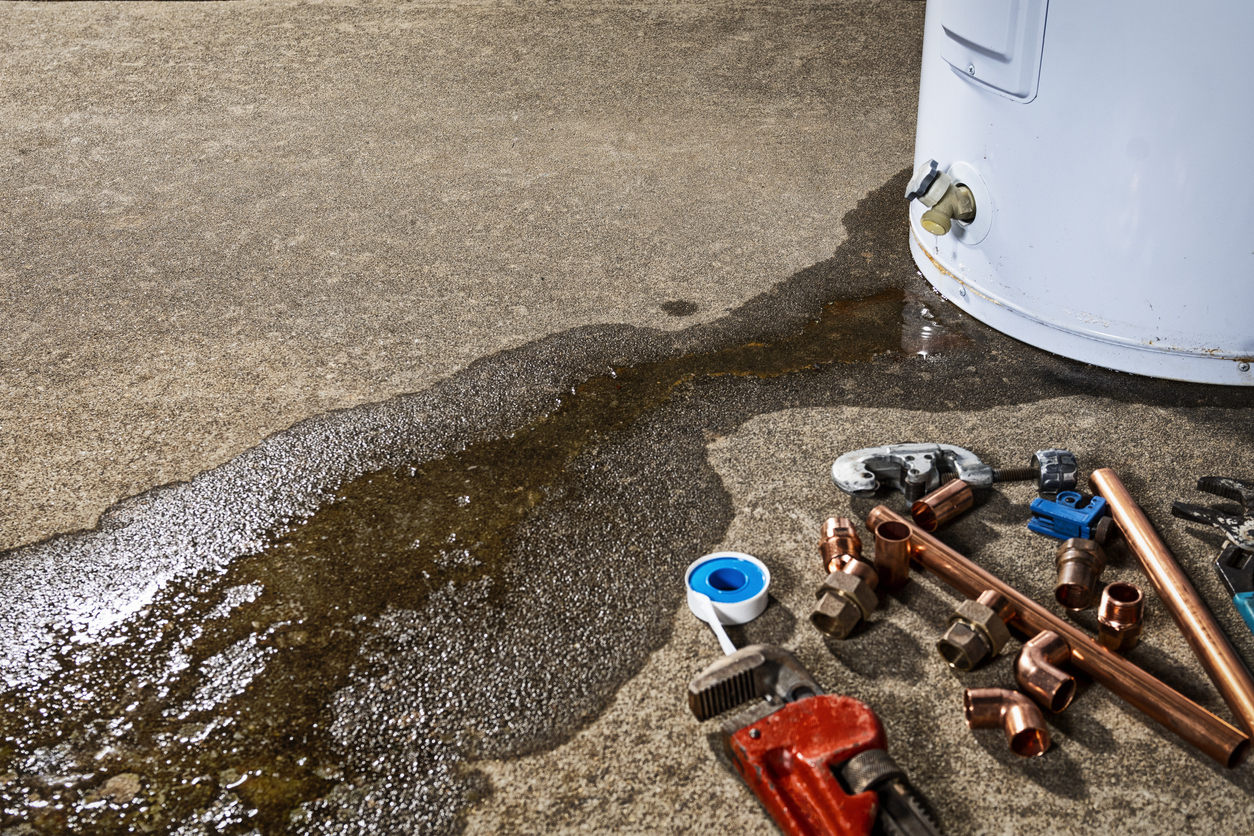
Why is My Water Heater Leaking?
Water heaters are essential components of our daily lives, providing us with hot water for showers, dishwashing, and laundry. However, like any appliance, they can develop issues over time. One of the most common problems homeowners face is a leaking water heater. Understanding the causes and knowing what steps to take can help prevent significant damage to your home. In this blog, we’ll explore the common reasons for a water heater leak and provide solutions to address these issues.
Common Causes of a Leaking Water Heater
Age of the Water Heater
One of the primary reasons for a water heater leaking is age. Most water heaters have a lifespan of 8-12 years. As they age, the metal tank can corrode and develop leaks. If your water heater is over a decade old and you notice water pooling around it, it may be time to consider a replacement.
Loose or Faulty Connections
Sometimes, a leaking water heater can be due to loose or faulty connections. Check the connections to the hot and cold water inlet and outlet pipes. If these connections are loose, tightening them with a wrench may solve the problem. However, if the fittings are corroded or damaged, they may need to be replaced.
Faulty Temperature and Pressure Relief Valve
The temperature and pressure (T&P) relief valve is designed to release excess pressure from the tank. If the valve is faulty or if the pressure inside the tank is too high, it can cause the valve to leak. Regularly testing and, if necessary, replacing the T&P valve can prevent this issue.
Sediment Build-Up
Over time, sediment from the water can accumulate at the bottom of the tank. This sediment build-up can cause the bottom of the tank to overheat and deteriorate, leading to a water heater leak. Regularly flushing the tank can help remove sediment and extend the life of your water heater.
Cracked or Damaged Tank
If you notice your hot water tank leaking, it could be due to a crack or significant damage to the tank itself. This is often a sign that the tank needs to be replaced. Unfortunately, repairing a cracked tank is not usually feasible, and a replacement is often the most cost-effective solution.
What to Do If Water Heater is Leaking from Bottom
If you discover your water heater leaking from the bottom, it’s essential to take immediate action to prevent water damage and potential flooding. Here are the steps to follow:
Turn Off the Power
For electric water heaters, turn off the power at the circuit breaker. For gas water heaters, set the gas control valve to the “off” position. This will prevent further heating and potential hazards.
Shut Off the Water Supply
Locate the cold water shut-off valve, typically found at the top of the heater. Turn the valve clockwise to stop the water flow into the tank. This will help minimize water leakage.
Drain the Tank
Attach a hose to the drain valve at the bottom of the tank and direct it to a floor drain or outside. Open the drain valve to allow the water to exit the tank. Be cautious, as the water may still be hot.
Inspect the Damage
Once the tank is drained, inspect it for visible signs of damage, such as cracks or corrosion. If the damage is severe, it may be time to replace the water heater. For minor issues, you might be able to perform repairs yourself or contact a professional for assistance.
Preventing Future Leaks
Prevention is always better than cure. Here are some tips to help prevent your water heater from leaking in the future:
Regular Maintenance
Schedule regular maintenance to check for potential issues. This includes inspecting the T&P valve, flushing the tank to remove sediment, and checking for loose connections.
Install a Water Softener
If you live in an area with hard water, installing a water softener can help reduce sediment build-up in the tank, extending the lifespan of your water heater.
Monitor Water Pressure
High water pressure can put extra strain on your water heater and other plumbing fixtures. Installing a pressure-reducing valve can help maintain a safe pressure level and prevent leaks.
Consider a Tankless Water Heater
Tankless water heaters provide hot water on demand and don’t store water in a tank. This reduces the risk of leaks and can be a more energy-efficient option for your home.
Conclusion
A leaking water heater can be a frustrating and potentially costly issue. By understanding the common causes and knowing what steps to take, you can address the problem quickly and efficiently. Regular maintenance and preventive measures can help extend the life of your water heater and prevent future leaks.
If you’re experiencing a water heater leak or need professional assistance, don’t hesitate to contact Staton for all your HVAC and plumbing needs. Our experienced team is ready to help you with any issues you may have, ensuring your home remains safe and comfortable. Call us today to schedule an appointment or for emergency services.


